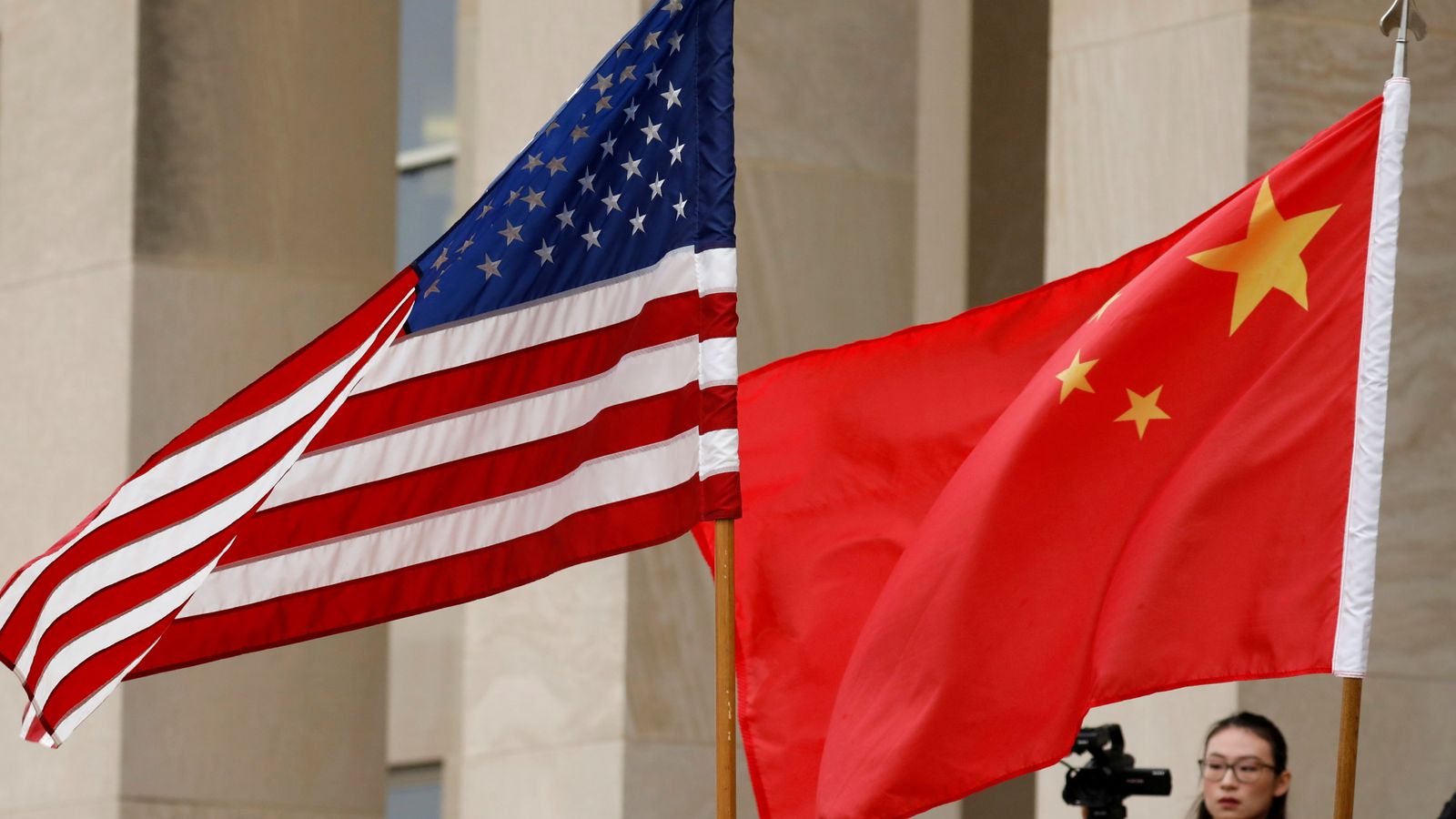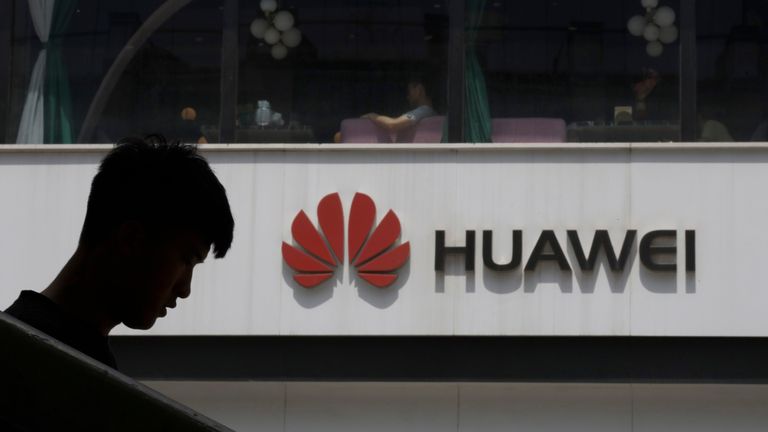The US Senate has voted unanimously in favour of new restrictions on equipment from Chinese technology companies being installed in American telecommunications networks.
The Secure Equipment Act will prohibit the Federal Communications Commission (FCC) from reviewing or issuing licenses to specific listed companies, including Huawei and ZTE.
It will now pass to President Joe Biden for his signature as his administration comes into conflict with China on a range of topics, from trade to human rights and the independence of Taiwan.
Last year the FCC officially designated Huawei and ZTE as threats to national security, blocking American companies from spending federal subsidies on their equipment. The new law will extend the ban to companies using private funding.
At the time the regulator’s chair Ajit Pai stressed that both companies were subject to China’s National Intelligence Law of 2017, which could oblige them “to co-operate with the country’s intelligence services”.
“We cannot and will not allow the Chinese Communist Party to exploit network vulnerabilities and compromise our critical communications infrastructure,” Mr Pai added.
In March the FCC designated five companies, including Huawei and ZTE as well as Hytera, Hikvision and Zhejiang Dahua as security threats and moved towards banning any approvals for equipment from these companies to be installed in American telecommunications networks.
The FCC’s current commissioner Brendan Carr said the new law “will help to ensure that insecure gear from companies like Huawei and ZTE can no longer be inserted into America’s communications networks”.
“In today’s increasingly connected world, we must animate our technology with our values,” said Senator Markey, a Democrat from Massachusetts.
“That’s why our bipartisan legislation will keep compromised equipment out of US telecommunications networks and ensure our technology is safe for consumers and secure for the United States.
“I’m proud to have helped lead this effort and I thank my colleagues in both chambers of Congress for passing our bill. I stand ready to now work with the Biden administration and the FCC to implement this critical national security measure,” Senator Markey added.
His Republican colleague Senator Marco Rubio said: “Chinese state-directed companies like Huawei and ZTE are known national security threats and have no place in our telecommunications network.
“I am grateful that the Senate and House passed this bill, which will help keep compromised equipment from bad actors out of critical American infrastructure.
“Now, President Biden must swiftly sign it into law so that the Chinese Communist Party can no longer exploit this dangerous loophole,” Senator Rubio added.
A spokesperson for Huawei declined to comment, but the company has repeatedly denied being controlled by Beijing and described the FCC’s move in June as “misguided and unnecessarily punitive”.
The law was criticised by Zhao Lijian, a spokesperson at China’s foreign ministry, who said in June: “The United States, without any evidence, still abuses national security and state power to suppress Chinese companies.”

